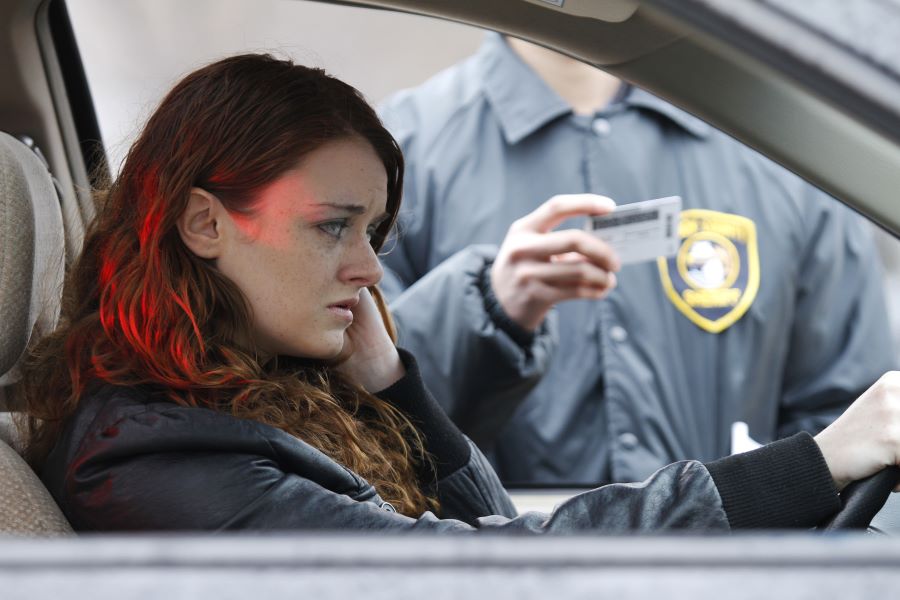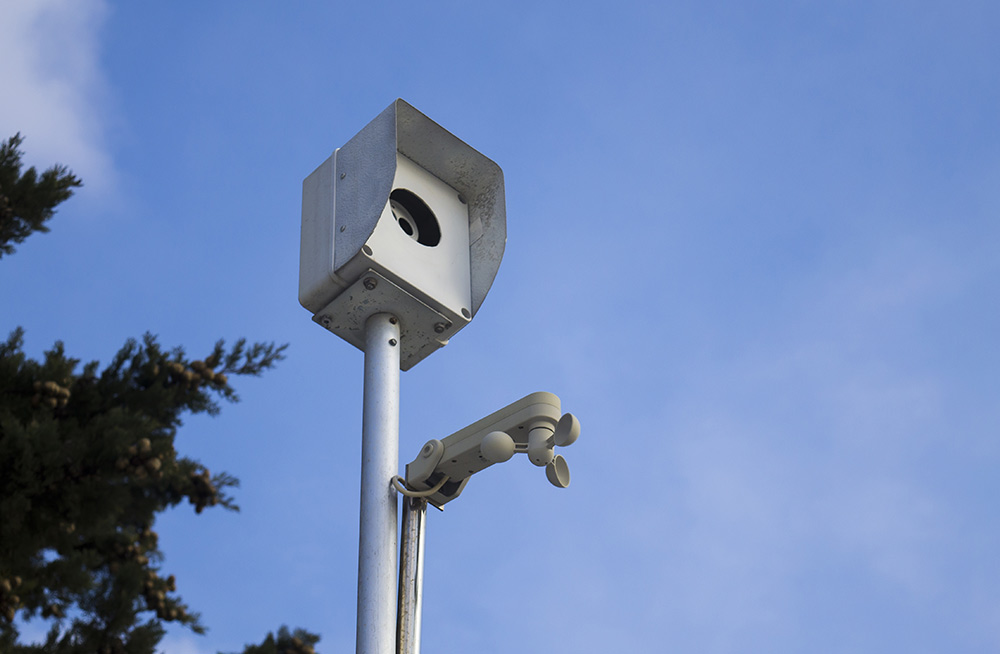Receiving a speeding ticket is one of the most common NYC traffic violations. Yet many drivers misunderstand their gravity. In New York City, even minor infractions can carry severe penalties. New York’s Vehicle and Traffic Law (VTL) outlines various speed-related offenses, and violations are categorized based on how far above the speed limit a driver is traveling. For example, exceeding the speed limit by 11 to 20 miles per hour can lead to substantial fines, points on your license, and even jail time for extreme cases.
The penalties vary not only by speed but also by location. For instance, speeding in a school zone can lead to double the fines and harsher penalties. These infractions do not simply disappear after payment; their impact can ripple through your driving record and finances.
Financial Consequences of Paying a Speeding Ticket
Many motorists think paying a speeding ticket is the easiest way to resolve the issue. However, the hidden costs associated with a speeding fine can be staggering. In New York City, a speeding violation fine can range anywhere from $90 to over $600, depending on the severity of the offense. But that’s only the beginning. Beyond the fine, drivers must also consider state surcharges, which can add $88 or more.
Worse yet, paying a NYC traffic ticket may lead to a spike in your insurance premiums. Insurance providers often treat speeding tickets as a sign of risky driving behavior, which means that even a single offense can cause your premiums to rise by 15% or more. Over the years, this increase in insurance costs can dwarf the original fine itself.
Legal Ramifications Beyond the Fine
Paying a speeding ticket might seem like a quick fix, but it can come with unexpected legal ramifications. Every speeding ticket adds points to your license under New York’s point system, with penalties ranging from 3 to 11 points depending on the severity of the violation. Accumulate too many points within 18 months, and you could face a suspended license.
The consequences escalate for repeat offenders. Drivers with a history of speeding may be labeled as habitual offenders, facing increased fines, additional penalties, or mandatory driving courses. In the worst-case scenario, repeat violations can lead to license revocation, making it essential to fully understand the long-term consequences of paying off a ticket without contesting it.
Alternatives to Simply Paying the Fine
Fortunately, there are alternatives to blindly paying a speeding fine and accepting its consequences. One of the most effective strategies is to fight a speeding ticket. New York City’s traffic court system allows drivers to contest their tickets, and in many cases, hiring a traffic attorney can make all the difference. An experienced lawyer can navigate the complexities of NYC traffic violations, potentially reducing fines, removing points from your record, or even dismissing the ticket entirely.
For those who prefer to avoid court, enrolling in a defensive driving course can also effectively mitigate the penalties. These courses can reduce up to 4 points from your driving record and may help lower your insurance premiums. By taking action beyond simply paying the fine, drivers can often lessen the financial and legal repercussions of speeding tickets.





